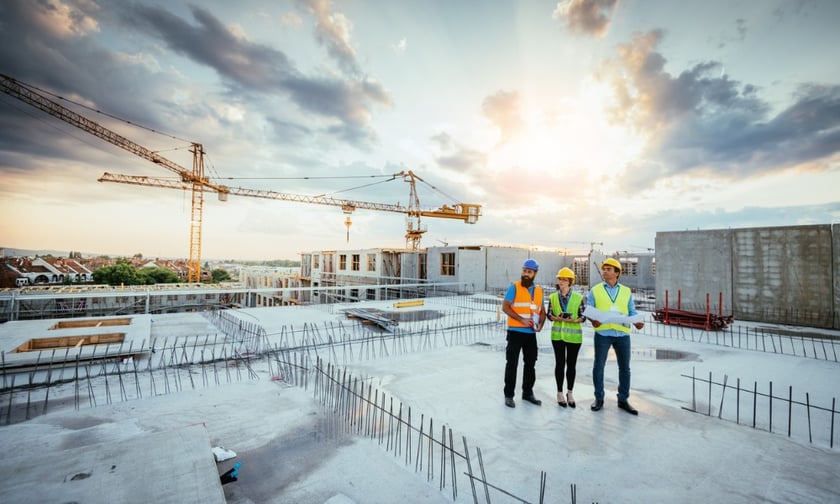

The global construction insurance market is seeing a notable increase in capacity levels, approaching those seen in 2019 during the last soft market cycle, according to a report from WTW.
This upward trend in capacity is forecasted to continue through the second half of 2024 and into 2025, driven by insurers’ focus on maximizing local capacity and pressure from new market entrants seeking to gain a foothold.
The findings are part of WTW’s “Global Construction Rate Trend Report,” which examined market conditions affecting construction insurance worldwide.
Key drivers of the market include growth in infrastructure projects, pricing stability, and opportunities emerging from coverage gaps.
The report highlighted sector growth in construction, particularly in energy, utilities, and infrastructure projects, which are expected to increase by 7.8% and 5.1%, respectively, in 2024.
A significant rise in manufacturing investments is also anticipated, especially in semiconductor plants, gigafactories, and data centers across North America, Latin America, and Europe.
Despite inflation and higher interest rates, pricing in most regions and lines of business is expected to remain stable due to increased competition and new market entrants.
However, in regions prone to natural disasters – such as the Gulf of Mexico, the US East Coast, and parts of Latin America and Asia – pricing and capacity are still being carefully managed due to the elevated risk.
The soft market is also presenting opportunities for insurers to address coverage gaps, such as complex construction risks and professional liability coverage in large infrastructure projects, particularly in Europe, Asia, Australia, and New Zealand.
In the US, new opportunities may arise in auto liability and lead umbrella casualty lines.
Political uncertainty, particularly elections, has led to delays in major investment decisions in the construction sector.
However, WTW anticipates that large infrastructure projects, especially in the UK and European Union, will gain momentum heading into 2025.
Technological innovation is another area driving growth.
The construction industry is increasingly investing in technology solutions, such as artificial intelligence (AI), robotics, and drones, to enhance productivity and address labor shortages.
Iain Drennan, head of construction for Australia and New Zealand at WTW, said all indicators point to a positive market outlook.
“The resilience of the construction insurance market continues to impress in the face of persistent economic headwinds, and contractors are finding innovative ways to manage risk,” he said.
While WTW’s report focused on market trends and capacity growth, the construction industry is also seeing a shift toward sustainable building materials like mass timber.
Michael Bruch, global head of risk advisory services at Allianz Commercial, said the use of mass timber in construction has been expanding, particularly in high-rise buildings.
The material offers environmental benefits by reducing the industry’s carbon footprint, but it also introduces new risks, including fire hazards and vulnerabilities to natural disasters.
Bruch highlighted the growing use of mass timber in Europe, Asia, and North America, emphasizing the importance of fire-resistant design and careful risk management when incorporating this material into large-scale projects.
